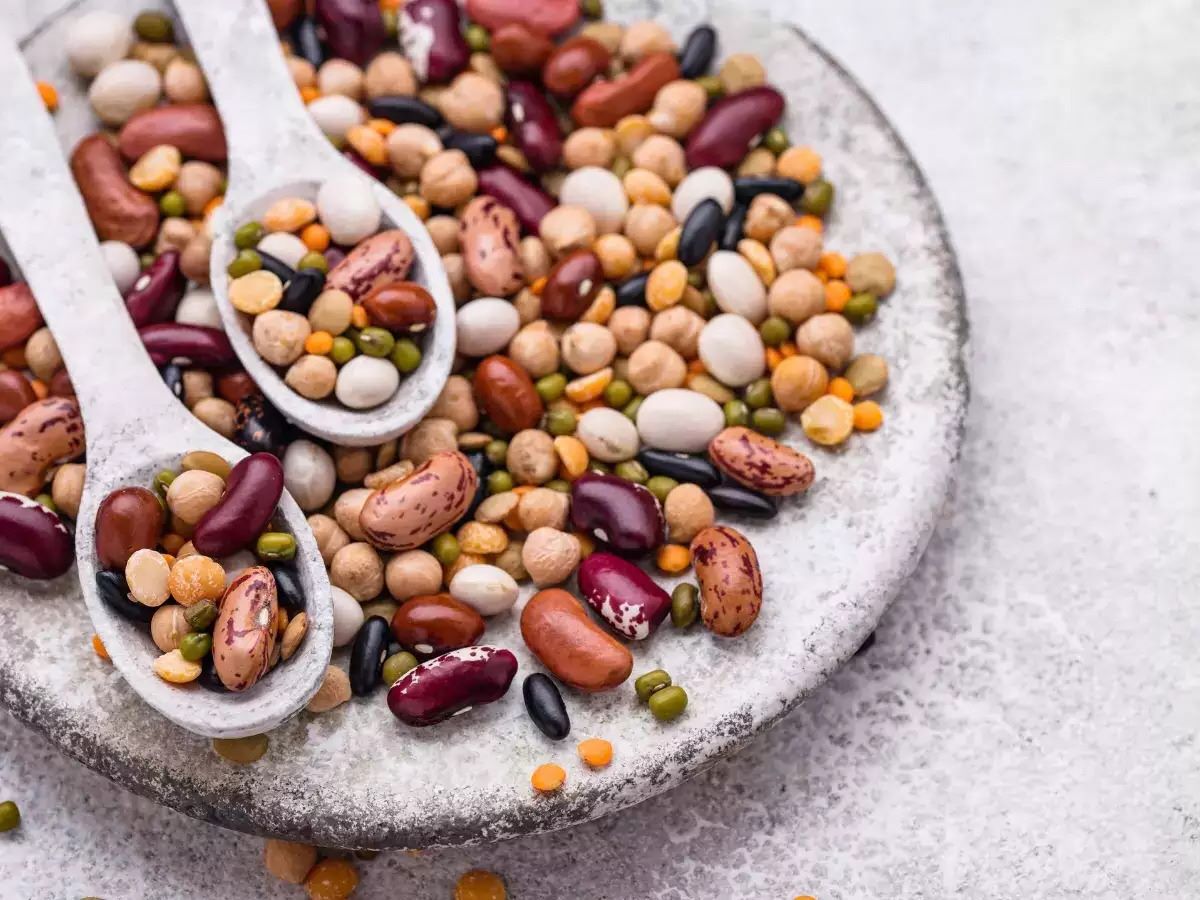
Legumes are more than just a side dish; they’re nutritional powerhouses packed with protein, fiber, and essential vitamins. Ever wondered why beans, lentils, and peas are staples in diets worldwide? Legumes not only boost your health but also benefit the environment by enriching soil fertility. From ancient civilizations to modern kitchens, these versatile plants have played a crucial role in human history. Whether you’re a foodie, a gardener, or someone curious about sustainable eating, learning about legumes can be eye-opening. Ready to dig into some fascinating facts about these mighty plants? Let’s get started!
What Are Legumes?
Legumes are a diverse group of plants known for their edible seeds. They include beans, lentils, peas, and peanuts. These plants are not only nutritious but also play a crucial role in agriculture.
-
Legumes belong to the Fabaceae family. This plant family includes over 19,000 species, making it one of the largest plant families.
-
They can fix nitrogen in the soil. Legumes have a symbiotic relationship with bacteria in their root nodules, which helps convert atmospheric nitrogen into a form plants can use.
-
Legumes are rich in protein. They provide a plant-based protein source, making them essential for vegetarian and vegan diets.
-
They are high in fiber. Consuming legumes can improve digestion and help maintain a healthy gut.
Nutritional Benefits of Legumes
Legumes are packed with essential nutrients that contribute to overall health. They are a staple in many diets worldwide due to their nutritional profile.
-
Legumes are low in fat. Most legumes contain minimal fat, making them a heart-healthy food choice.
-
They are a good source of vitamins and minerals. Legumes provide important nutrients like iron, magnesium, and folate.
-
They have a low glycemic index. This means legumes release sugar slowly into the bloodstream, helping to maintain stable blood sugar levels.
-
Legumes are gluten-free. They are a safe option for people with celiac disease or gluten sensitivity.
Environmental Impact of Growing Legumes
Growing legumes has several environmental benefits. They contribute to sustainable farming practices and help reduce the carbon footprint.
-
Legumes improve soil health. By fixing nitrogen, they reduce the need for chemical fertilizers.
-
They require less water. Compared to other crops, legumes need less water, making them more sustainable in arid regions.
-
Legumes can reduce greenhouse gas emissions. Their ability to fix nitrogen naturally reduces the need for synthetic fertilizers, which are a significant source of greenhouse gases.
Culinary Uses of Legumes
Legumes are incredibly versatile in the kitchen. They can be used in a variety of dishes, from soups to salads to desserts.
-
Legumes are used in traditional dishes worldwide. From hummus in the Middle East to dal in India, legumes are a key ingredient in many cultural cuisines.
-
They can be sprouted. Sprouting legumes increases their nutritional value and makes them easier to digest.
-
Legumes can be ground into flour. Chickpea flour, for example, is a popular gluten-free alternative used in baking.
-
They are used to make plant-based milk. Soy milk and pea milk are popular dairy alternatives made from legumes.
Legumes: A Nutritional Powerhouse
Legumes pack a punch when it comes to nutrition. They’re loaded with protein, fiber, and essential vitamins and minerals. These little powerhouses can help lower cholesterol, manage blood sugar, and even aid in weight loss. Plus, they’re super versatile in the kitchen. From soups to salads to stews, legumes fit into almost any dish. They’re also a sustainable choice, benefiting both your health and the planet. Whether you’re a meat-eater, vegetarian, or vegan, adding more legumes to your diet is a smart move. So next time you’re planning a meal, think about tossing in some beans, lentils, or peas. Your body will thank you, and so will the Earth. Give legumes a try and see the difference they can make in your diet and lifestyle.
Was this page helpful?
Our commitment to delivering trustworthy and engaging content is at the heart of what we do. Each fact on our site is contributed by real users like you, bringing a wealth of diverse insights and information. To ensure the highest standards of accuracy and reliability, our dedicated editors meticulously review each submission. This process guarantees that the facts we share are not only fascinating but also credible. Trust in our commitment to quality and authenticity as you explore and learn with us.


